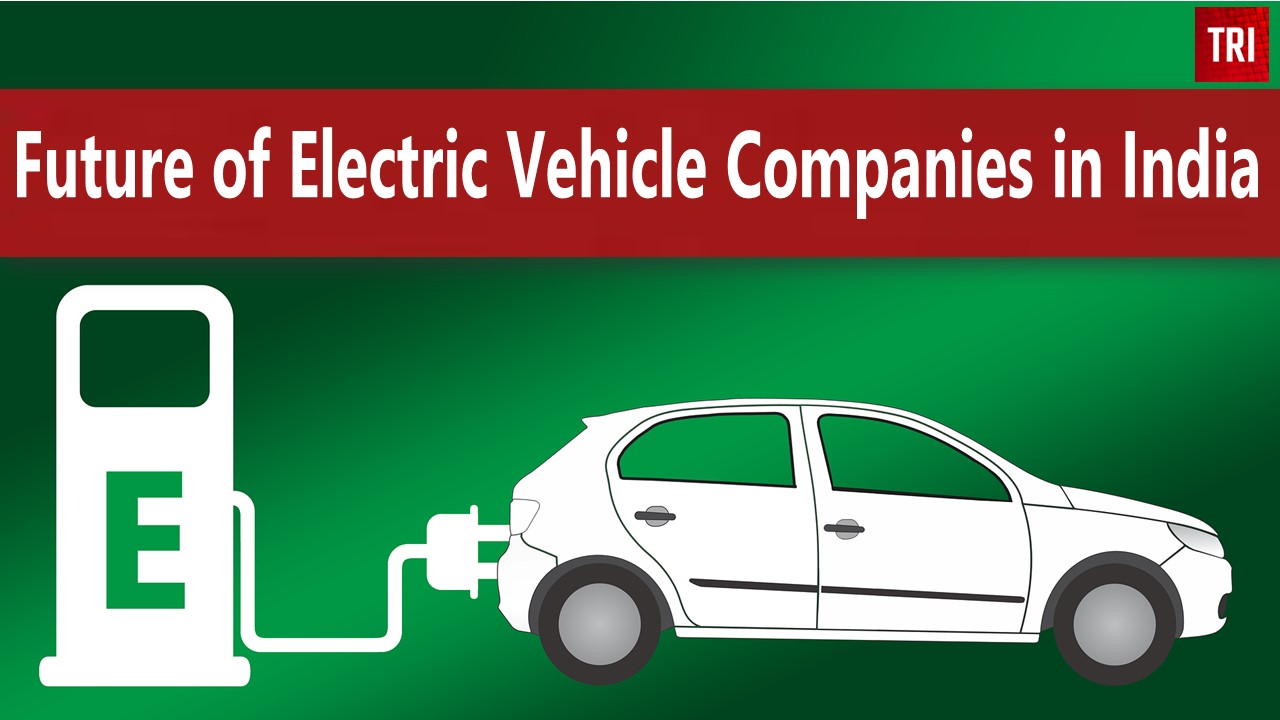The future of electric vehicle companies looks bright, as the global demand for electric vehicles (EVs) continues to increase. Governments and consumers alike are becoming more environmentally conscious, and as a result, there is a growing demand for cleaner, more sustainable modes of transportation.
Some of the biggest electric vehicle companies, such as Tesla, General Motors, and Volkswagen, have already made significant investments in developing and producing electric vehicles, and they are likely to continue to do so in the coming years. Other established car manufacturers, such as Ford and BMW, are also ramping up their production of EVs.
In addition, there are a number of newer electric vehicle companies that have emerged in recent years, such as Rivian, Lucid Motors, and Fisker Inc. These companies are focused solely on electric vehicles, and they have been able to take advantage of advances in battery technology and other areas to create innovative, high-performance electric vehicles.
Overall, the future of electric vehicle companies looks bright, as more and more consumers seek out sustainable modes of transportation, and governments around the world continue to incentivize the adoption of electric vehicles through subsidies and other programs. However, there will be competition among companies to innovate and create more affordable and efficient electric vehicles, and only those that can keep up with the pace of change are likely to succeed in the long term.
For Indian companies, the future of electric vehicles looks promising as well. India has set an ambitious target to achieve 100% electric vehicle sales by 2030, which presents a huge opportunity for Indian companies to capitalize on the growing demand for EVs in the country.
Indian companies such as Tata Motors, Mahindra & Mahindra, and Hero Electric have already made significant investments in the development and production of electric vehicles. In addition, there are a number of newer startups such as Ola Electric, Ather Energy, and Revolt Motors that are focused solely on electric vehicles and are gaining traction in the Indian market.
The Indian government has also implemented a number of policies and incentives to promote the adoption of electric vehicles in the country. For example, the Faster Adoption and Manufacturing of (Hybrid &) Electric Vehicles (FAME) scheme provides subsidies to buyers of electric vehicles, while also encouraging domestic production of EVs and components.
However, there are some challenges that Indian electric vehicle companies will need to overcome, such as the high cost of batteries and the lack of charging infrastructure in the country. Nevertheless, with the government’s support and growing consumer demand, Indian electric vehicle companies are well-positioned to capitalize on the opportunities presented by the shift towards cleaner and more sustainable modes of transportation.












